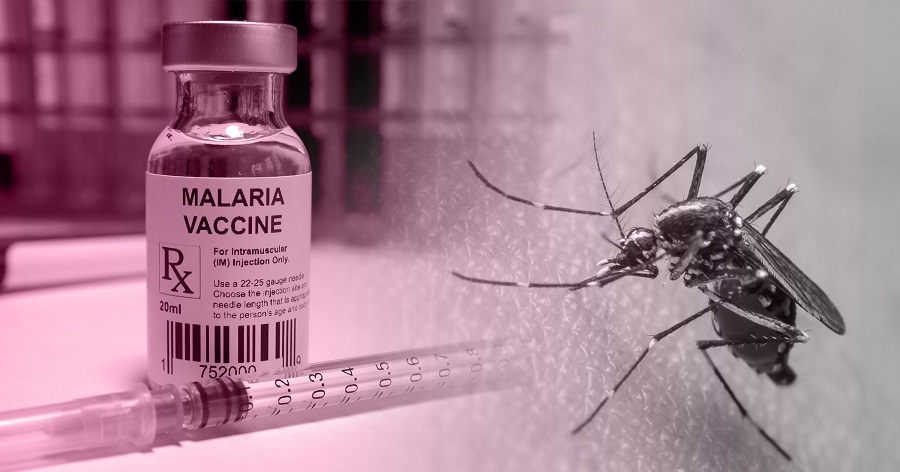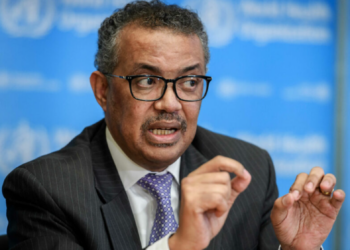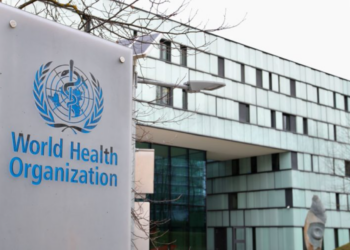Glaxo SmithKline, Gavi and MedAccess have recently announced, in a press release, an agreement to join forces in a bid to guarantee continued production of the RTS,S antigen for the RTS,S/AS01e malaria vaccine.
The new innovative financing agreement will ensure vaccine availability will not be a barrier to the initial roll-out of the vaccine in the event that WHO recommends wider use of the vaccine.
The RTS,S/AS01e vaccine, which is the first malaria vaccine to be proven safe and effective in a large Phase 3 clinical trial, is currently being piloted in routine immunisation programmes in Ghana, Kenya, and Malawi, through the Malaria Vaccine Implementation Programme (MVIP).
The World Health Organization (WHO) is expected to decide later this year whether to recommend the vaccine for broader use based on data emerging from the MVIP. The Gavi, Vaccine Allaince, fBoard will then decide whether to finance a new malaria vaccination programme for countries in sub-Saharan Africa.
Following its investment of around US$ 700 million in the development of RTS,S GSK has donated up to 10 million doses for the ongoing pilot programme.
In advance of the key decisions from WHO and Gavi and to address the associated uncertainty around future demand, Gavi, GSK and MedAccess have developed an innovative financing solution to ensure continued manufacturing of the vaccine antigen so that it will be immediately available should there be a positive decision to move forward.
Gavi will fund GSK’s continued manufacturing of the RTS,S antigen for a period of three years. If the Gavi Board decides to approve a malaria vaccination programme, GSK will credit the value of the Gavi-funded costs towards procurement of finished doses for the Gavi-supported programme. If the Gavi Board decides not to open a funding window for a malaria vaccination programme, MedAccess will replenish Gavi for the majority of costs incurred to that point.
This arrangement will ensure that vaccine doses made from the production of Gavi-funded bulk antigen can be supplied rapidly after a potential WHO vaccine recommendation and Gavi financing decisions.
This will help accelerate vaccine access, if a programme is approved, by avoiding the long production ramp-up phase that would occur if GSK had to restart the dedicated antigen production facility.
A MedAccess analysis estimates that this continuous manufacture agreement could catalyse the vaccine reaching up to 7.5 million more children than would otherwise have been possible if there was a production delay.
“Malaria kills over a quarter of a million children every year; this vaccine has the potential to have a real impact on this toll,” said Dr Seth Berkley, CEO of Gavi, the Vaccine Alliance.
“That’s why it is vital that we keep production lines running while waiting for important decisions around its use in African populations. This is innovative financing at its best: tackling risk and uncertainty to ensure access to what could be an important additional tool in the battle against malaria,” he added.




















